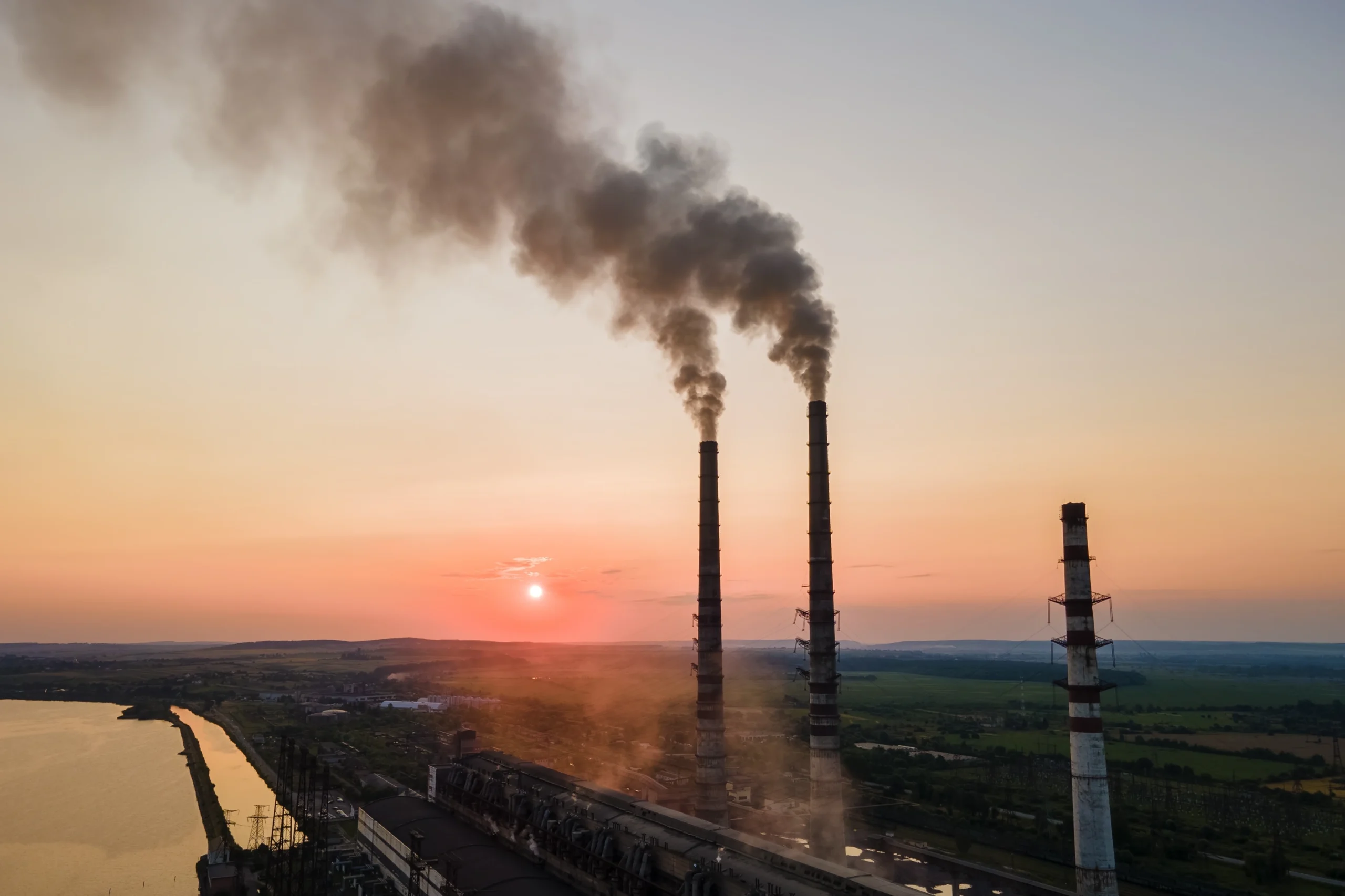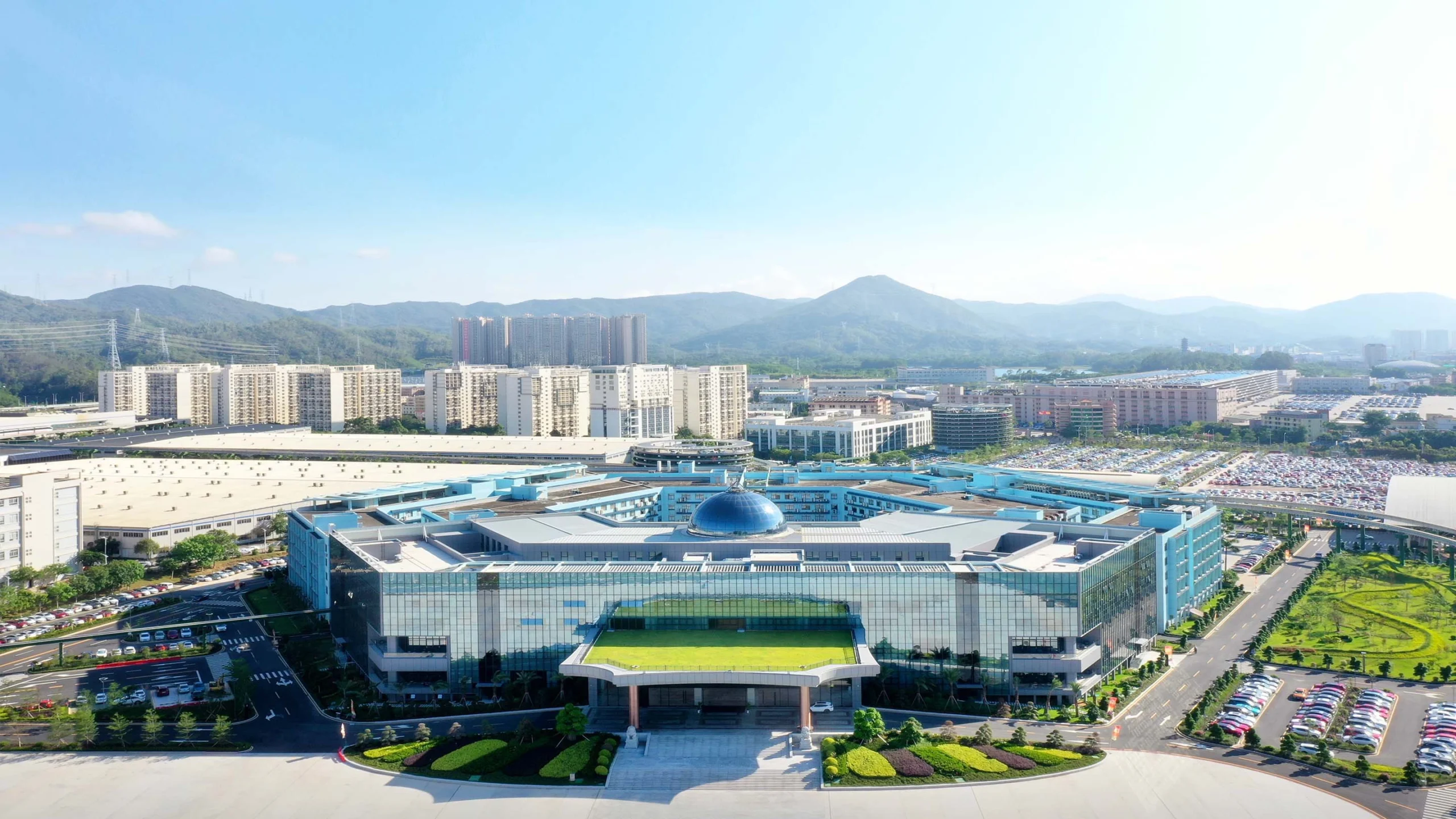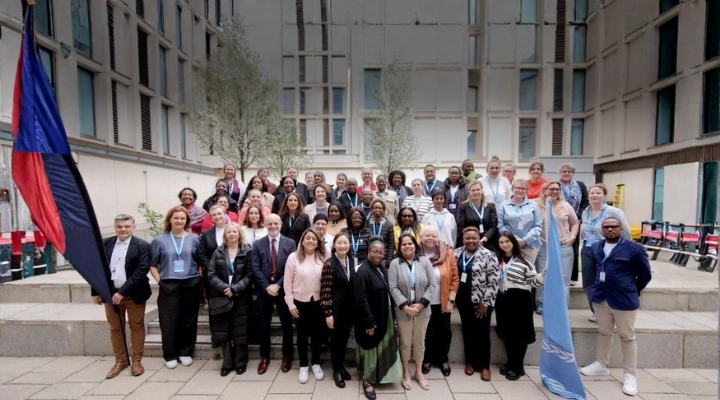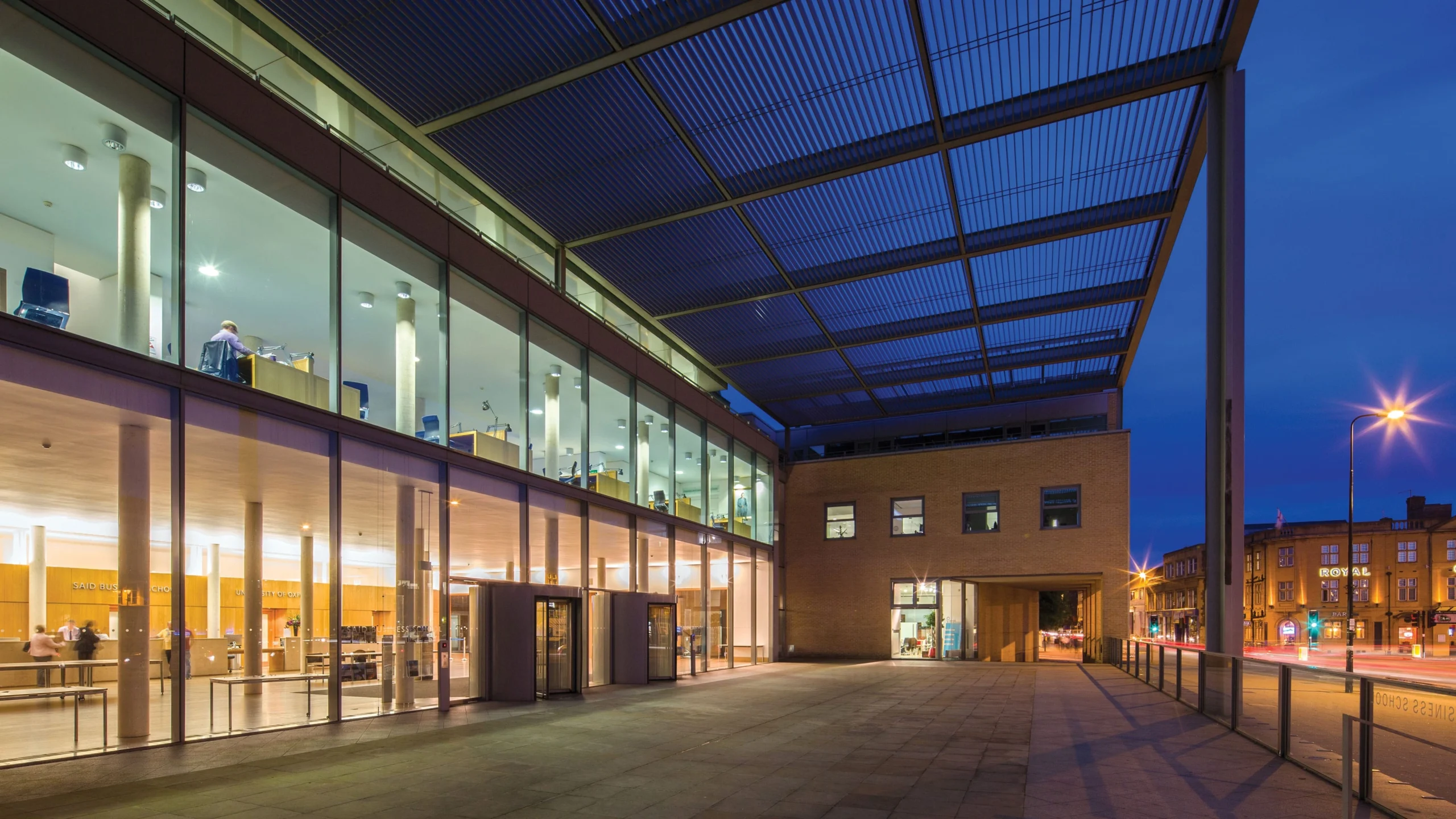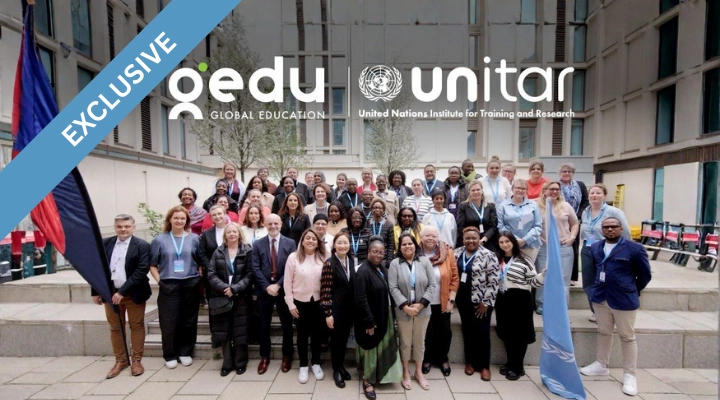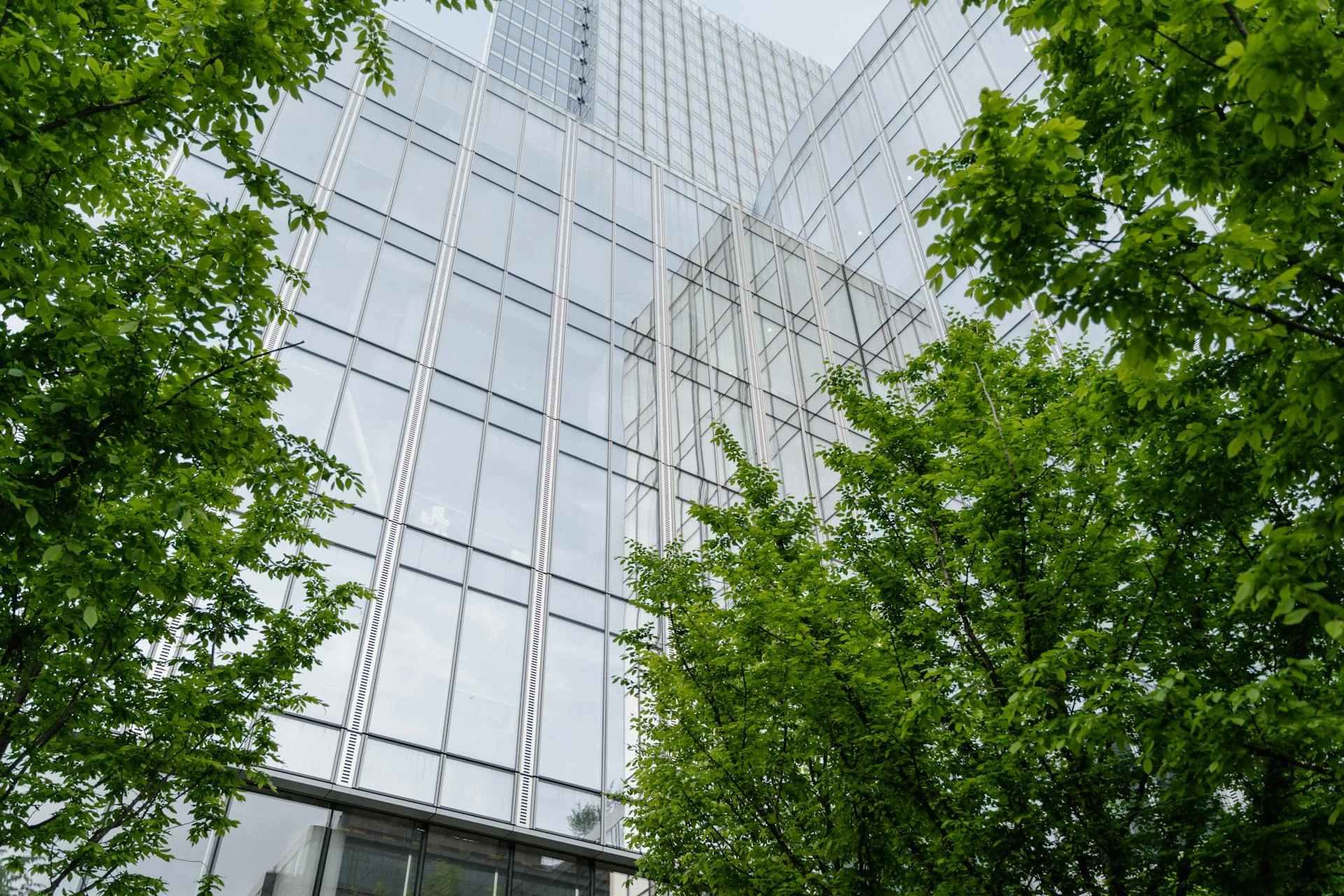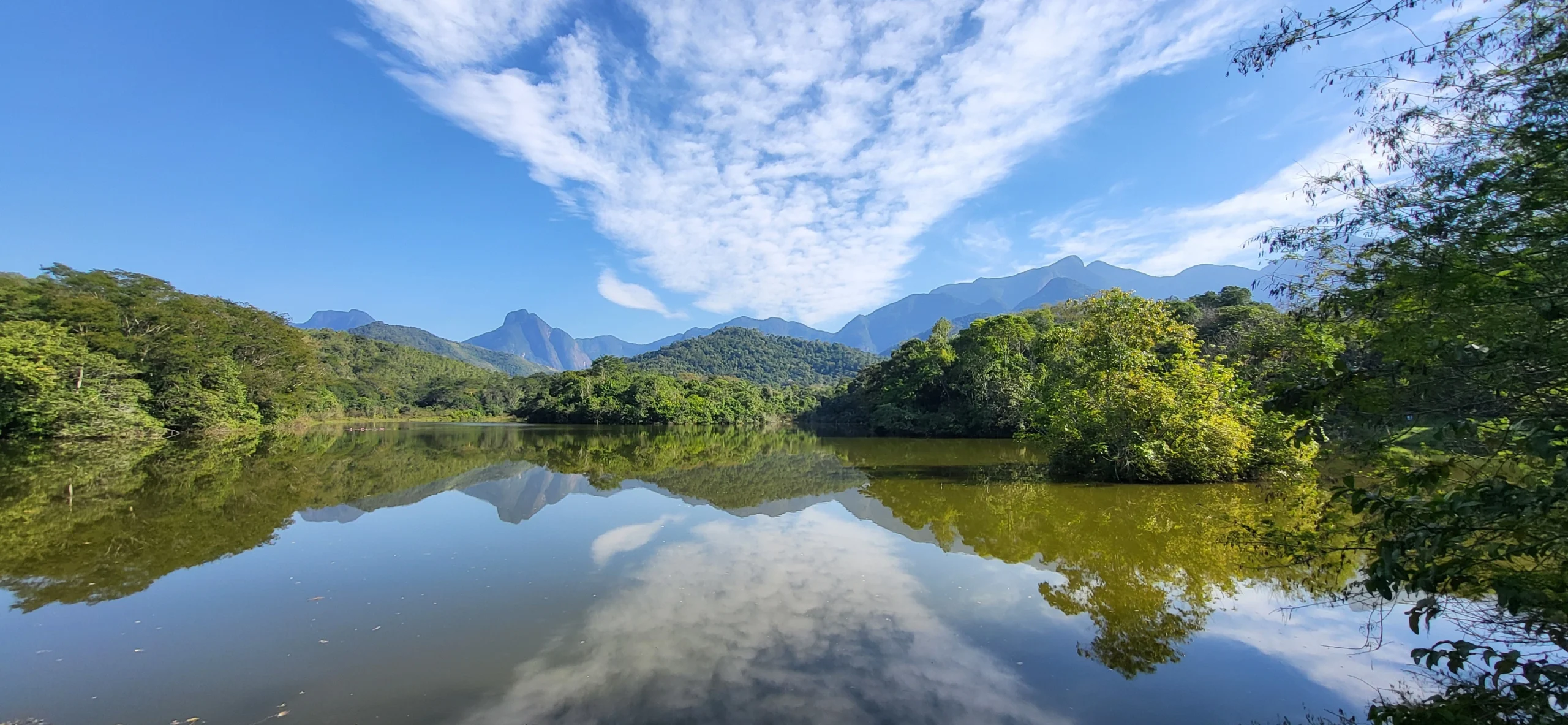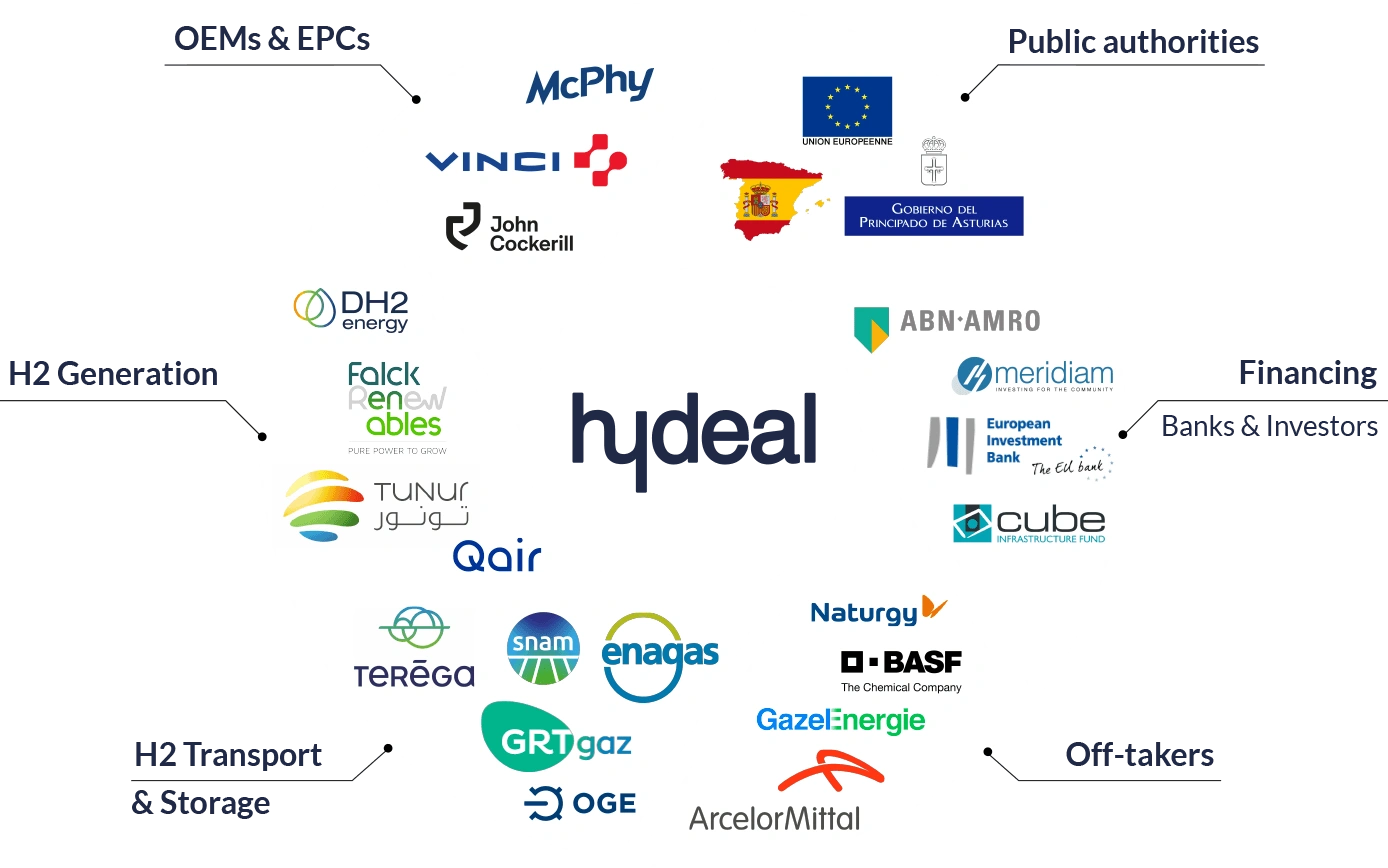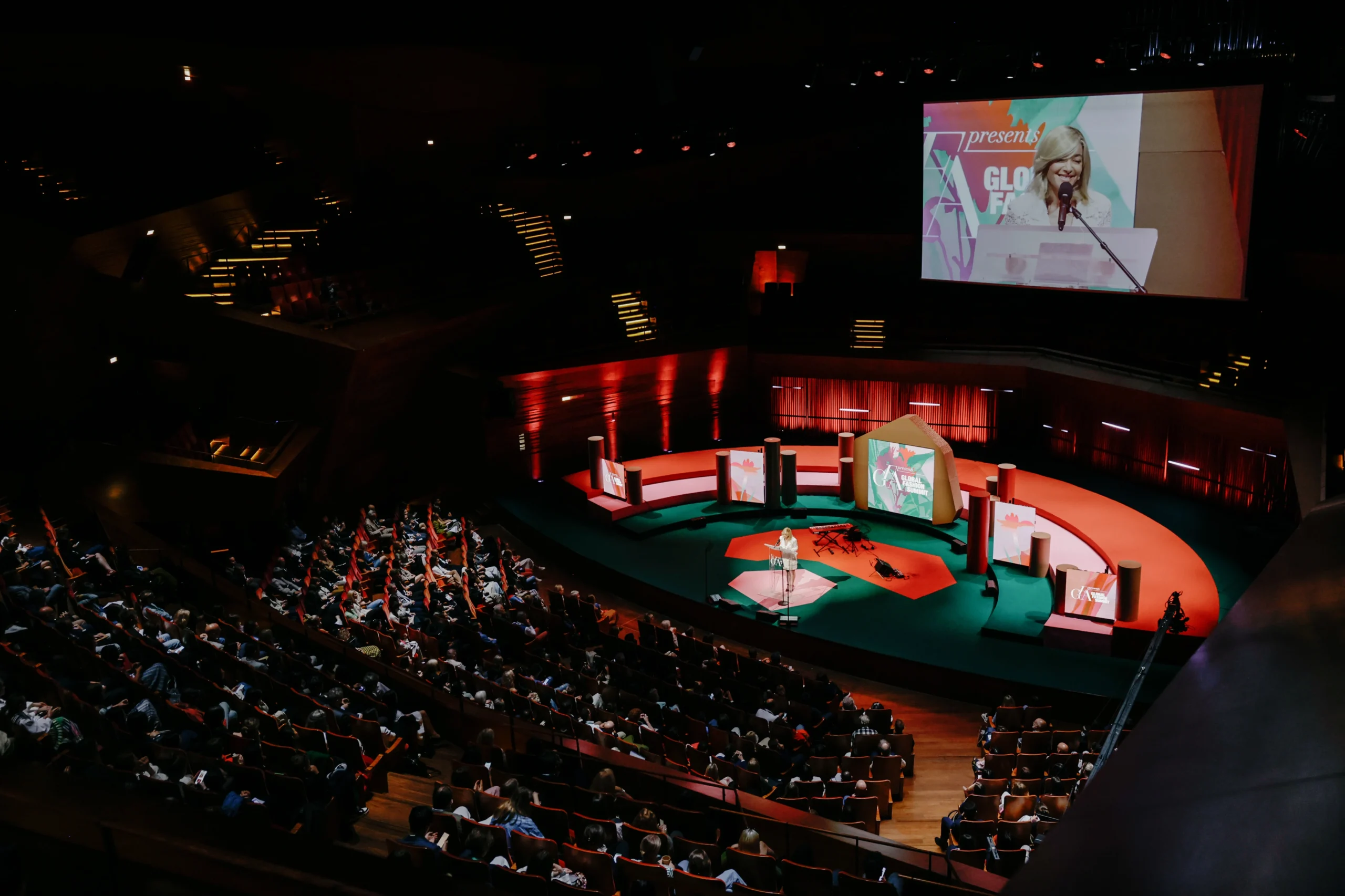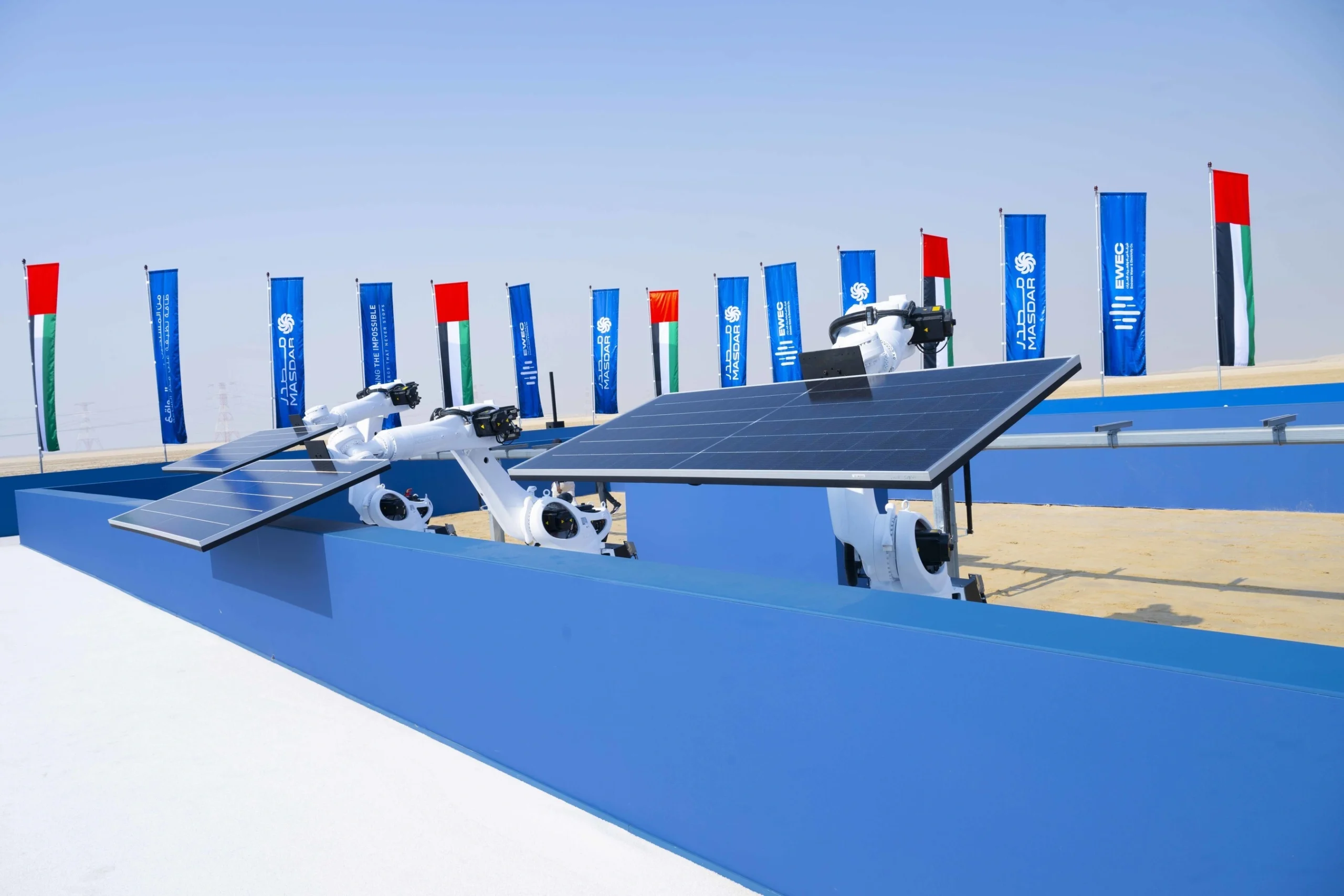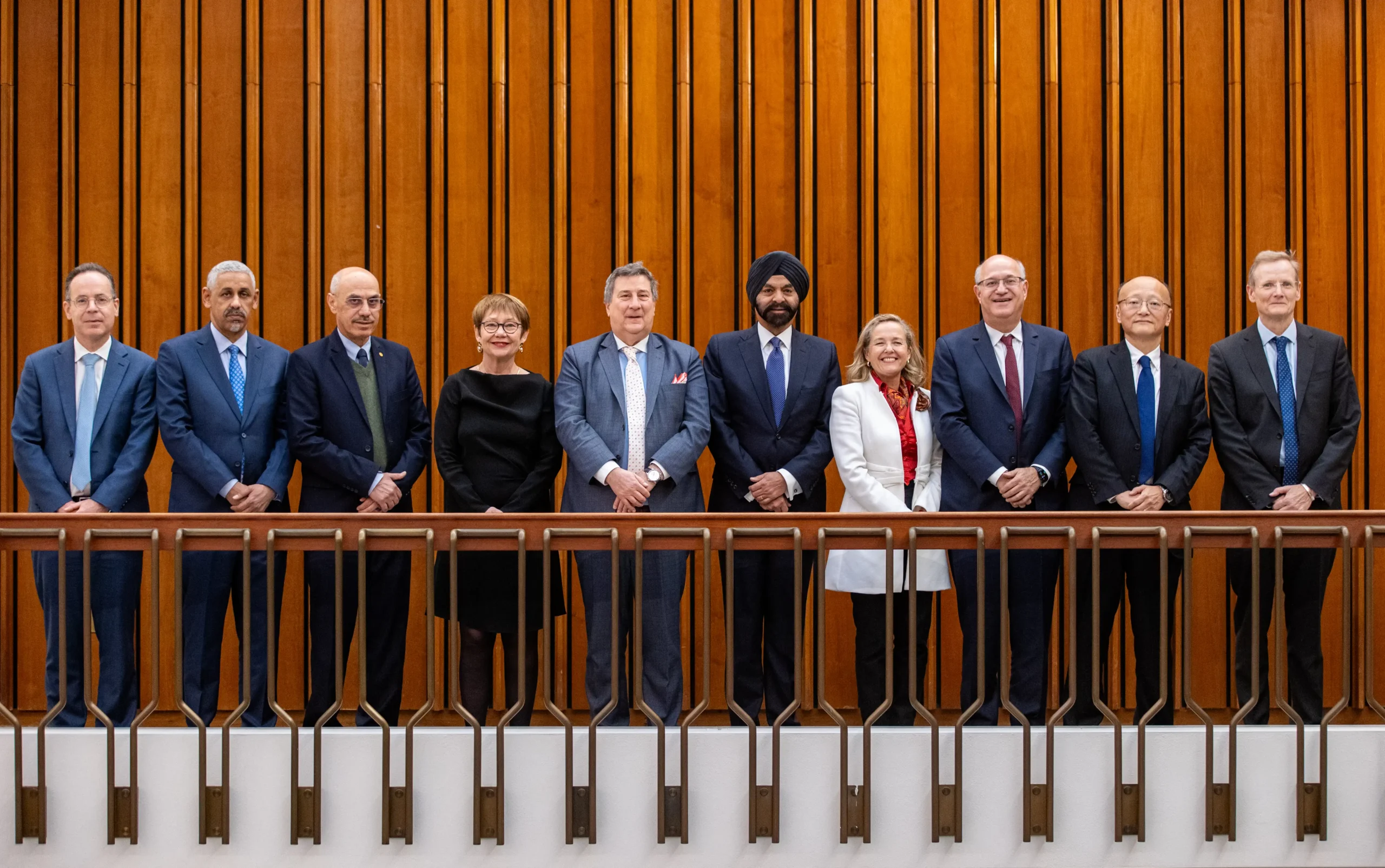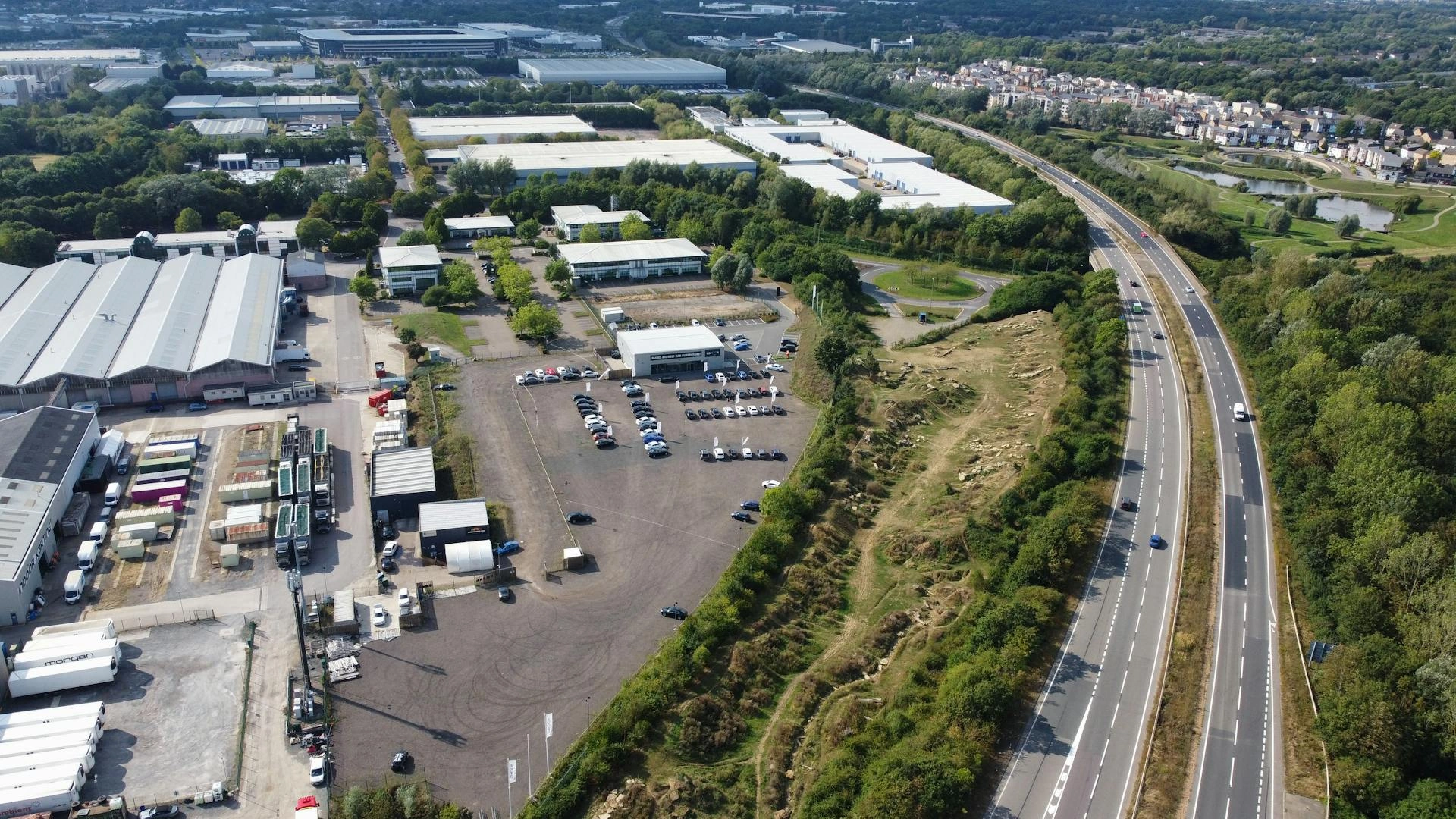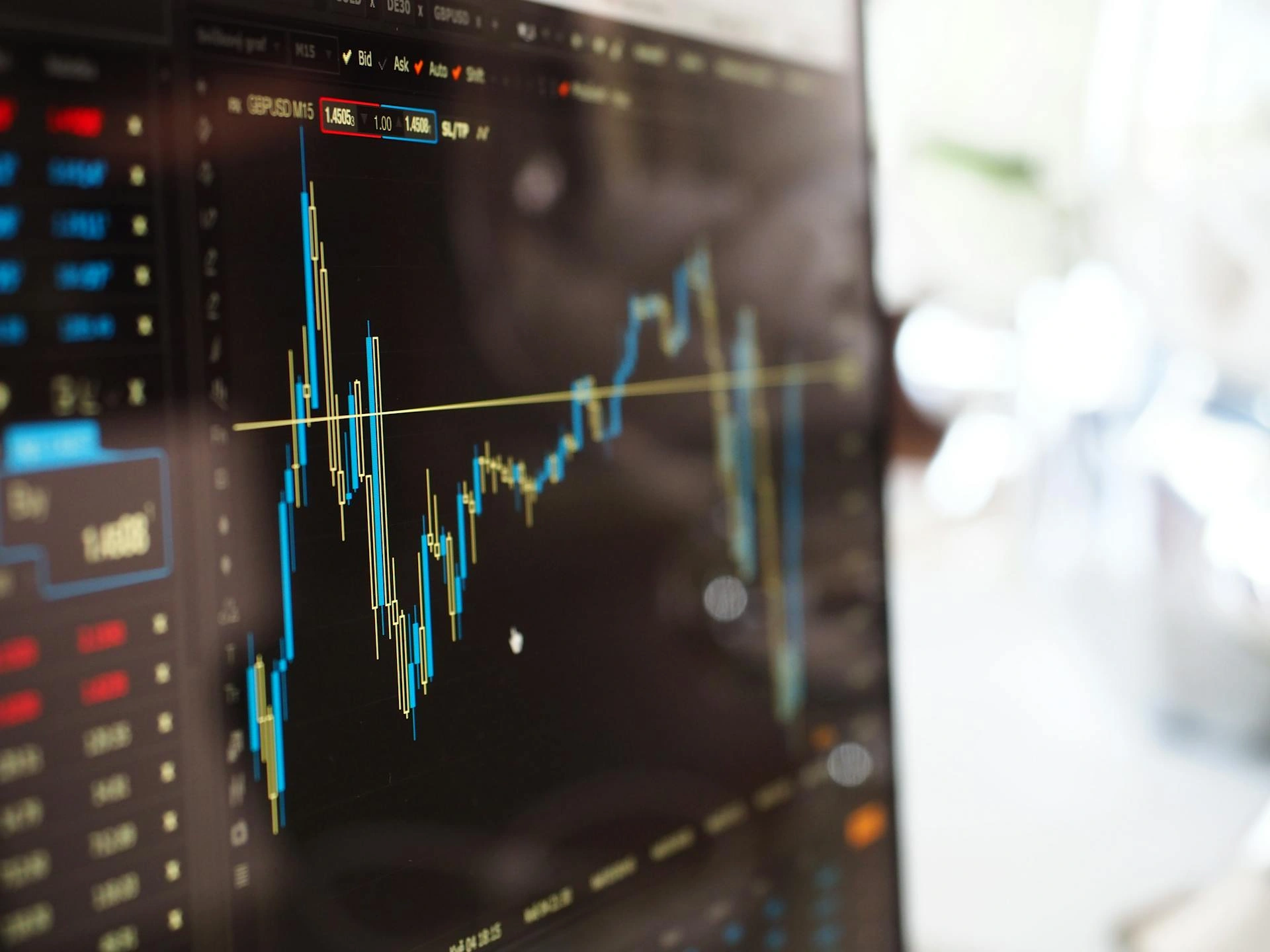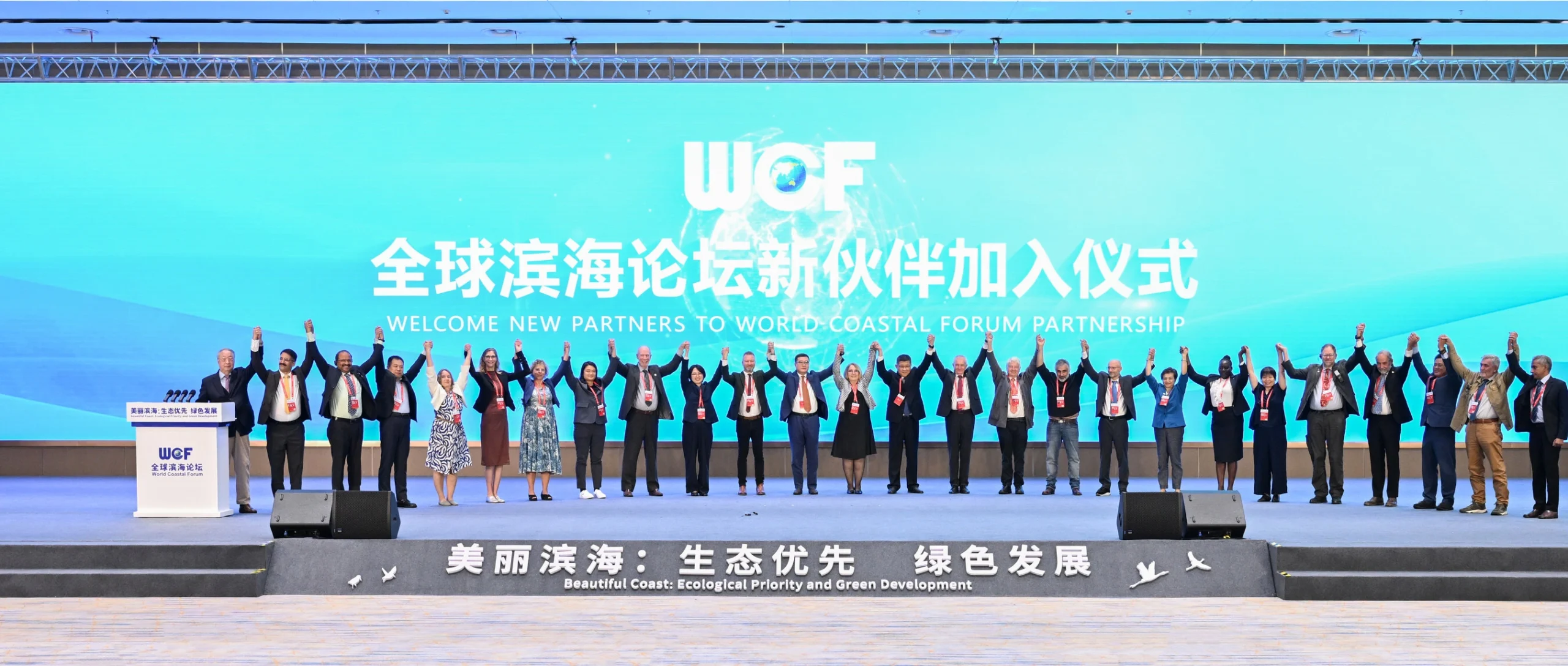The energy transition must be clean and just

John E. Kaye
- Published
- Home, Sustainability
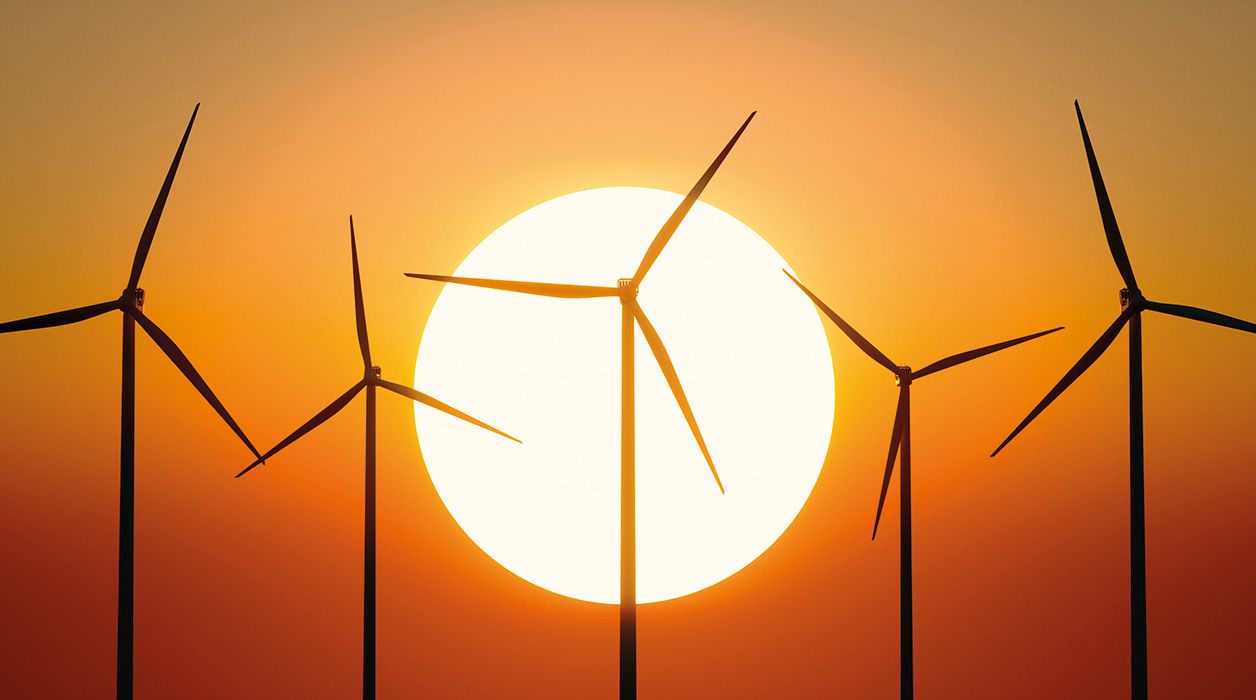
Developed countries must do more to support emerging economies on their path to a greener future, argues Damilola Ogunbiy, CEO of Sustainable Energy for All
There is an increased sense of urgency surrounding this year’s COP. In August, the Intergovernmental Panel on Climate Change (IPCC) confirmed in its latest assessment report what most people already suspected: we are nowhere near meeting the targets of the Paris Agreement. Even the intermediate scenario for global warming forecasted in the report suggests that the limit of 2°C above pre-industrial levels will be exceeded.
We are already witnessing the catastrophic climate events associated with this level of global warming. Images of houses being washed away by floods in northern Europe or wildfires raging across countries like Greece and the US are fresh in people’s minds.
In this context, when countries show up at COP, the expectation is that they bring with them a set of bold commitments for reducing their greenhouse gas emissions and moving towards net zero, captured by their Nationally Determined Contributions (NDCs). Transitioning energy systems to be more efficient and cleaner will be an integral part of decarbonisation efforts. But where does this leave countries whose energy systems are not developed enough to even be transitioned?
A just energy transition
The most developed economies and societies of today were built on vast amounts of cheap fossil fuels. These countries have pushed the planet to the brink with carbon-intensive development while leaving other regions, mainly in the Global South, still struggling to meet their energy needs. Today there are 759 million people globally who have no household electricity access. Yet, energy is the foundation for a modern economy and is pivotal to delivering services like quality healthcare and education.
Therefore, the energy transition story is not just about how developed countries will transition their current energy systems to be more sustainable. It’s also a story of how to provide clean and affordable energy for economic development in countries without robust energy systems.
Today’s developing countries need sufficient, reliable energy access to grow their economies and create new opportunities for their people to flourish. Yet, they cannot rely on burning fossil fuels to power this transformation without perpetuating the climate crisis. They are being asked to follow a low-carbon development pathway to prosperity that has never been witnessed before.
It is incumbent on developed countries, whose current standing was built on fossil fuels and who are responsible for the current climate crisis, to help developing countries succeed. This is what a just energy transition looks like.
Clean energy offers
As part of its contribution to fighting climate change, the developed world can support clean energy development in regions like Sub-Saharan Africa and Southeast Asia, where energy access gaps are greatest. This support should come in innovative forms, involving greater coordination across energy access stakeholders to help achieve speed and scale. Fragmented efforts on energy access thus far have led to marginal progress over the past ten years, with the number of people gaining new access to electricity or clean cooking solutions struggling to keep pace with population growth.
Energy access stakeholders must come together to design “clean energy offers” customised to specific country contexts. This means bringing the international community (donors, development organizations, financial institutions, developers, etc.) together with national stakeholders (governments, regulators, energy companies, etc.) around the table to create a package of support that is aligned to a country’s political intentions and specific needs.
When a country expresses its goals for improving electricity and clean cooking access, technical and financial support should mobilise around these goals, working with national governments to determine which energy solutions and financing mechanisms will help them realise their ambitions.
Turning commitments to action
Countries’ political commitments can be captured in the form of Energy Compacts. A key outcome of this year’s UN High-level Dialogue on Energy, Energy Compacts provides an opportunity for developing countries to express their political commitments to clean energy development and identify the areas where they will need support. Meanwhile, developed countries and organisations committed to a clean, equitable energy transition can express offers of support for developing countries under their own Energy Compacts. These offers are then matched with relevant countries.
Of course, clean energy offers need a platform to bring this multidimensional collaboration together. This year’s COP26 Presidency has created such a platform for collaboration between developing and developed countries through the Energy Transition Council. A mix of development finance, technology, diplomatic and governmental leaders have been brought together multiple times over the past year to work with 14 selected countries on conceiving clean energy offers that can be supported by the global community. The progress of these offers will be showcased at COP26, with the Council intended to be an ongoing platform to support developing countries in their clean energy transitions in the coming years.
Governments and organisations that wish to make meaningful contributions to a clean, just energy transition should look to engage in these promising new initiatives.
About the author
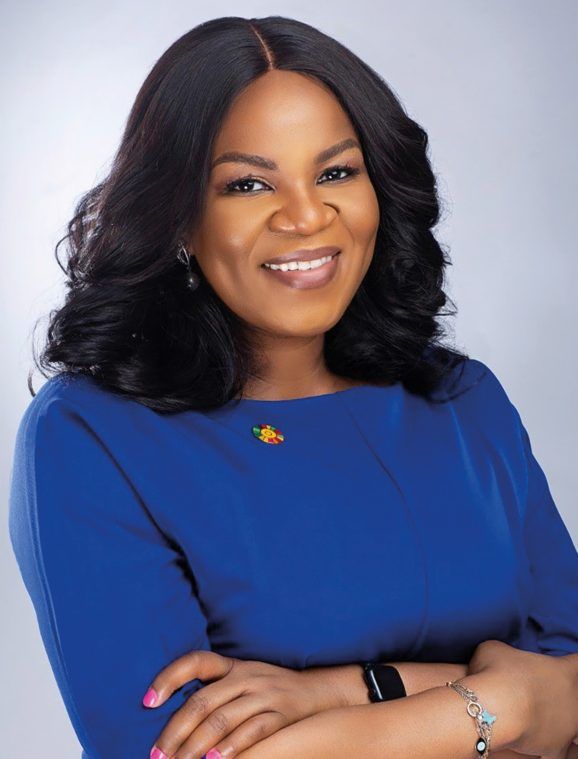
Damilola Ogunbiyi is CEO and Special Representative of the UN Secretary-General for Sustainable Energy for All and Co-Chair of UN-Energy.
For further information:
RECENT ARTICLES
-
 Strong ESG records help firms take R&D global, study finds
Strong ESG records help firms take R&D global, study finds -
 How residence and citizenship programmes strengthen national resilience
How residence and citizenship programmes strengthen national resilience -
 Global leaders enter 2026 facing a defining climate choice
Global leaders enter 2026 facing a defining climate choice -
 EU sustainability rules drive digital compliance push in Uzbekistan ahead of export change
EU sustainability rules drive digital compliance push in Uzbekistan ahead of export change -
 China’s BYD overtakes Tesla as world’s largest electric car seller
China’s BYD overtakes Tesla as world’s largest electric car seller -
 UK education group signs agreement to operate UN training centre network hub
UK education group signs agreement to operate UN training centre network hub -
 Mycelium breakthrough shows there’s mush-room to grow in greener manufacturing
Mycelium breakthrough shows there’s mush-room to grow in greener manufacturing -
 Oxford to host new annual youth climate summit on UN World Environment Day
Oxford to host new annual youth climate summit on UN World Environment Day -
 Exclusive: Global United Nations delegates meet in London as GEDU sets out new cross-network sustainability plan
Exclusive: Global United Nations delegates meet in London as GEDU sets out new cross-network sustainability plan -
 Fast fashion brands ‘greenwash’ shoppers with guilt-easing claims, study warns
Fast fashion brands ‘greenwash’ shoppers with guilt-easing claims, study warns -
 Private sector set to overtake government as main driver of corporate sustainability in 2026, report suggests
Private sector set to overtake government as main driver of corporate sustainability in 2026, report suggests -
 Sir Trevor McDonald honoured at UWI London Benefit Dinner celebrating Caribbean achievement
Sir Trevor McDonald honoured at UWI London Benefit Dinner celebrating Caribbean achievement -
 Historic motorsport confronts its energy future
Historic motorsport confronts its energy future -
 Protecting the world’s wild places: Dr Catherine Barnard on how local partnerships drive global conservation
Protecting the world’s wild places: Dr Catherine Barnard on how local partnerships drive global conservation -
 Europe’s HyDeal eyes Africa for low-cost hydrogen link to Europe
Europe’s HyDeal eyes Africa for low-cost hydrogen link to Europe -
 Fabric of change
Fabric of change -
 Courage in an uncertain world: how fashion builds resilience now
Courage in an uncertain world: how fashion builds resilience now -
 UAE breaks ground on world’s first 24-hour renewable power plant
UAE breaks ground on world’s first 24-hour renewable power plant -
 China’s Yancheng sets a global benchmark for conservation and climate action
China’s Yancheng sets a global benchmark for conservation and climate action -
 Inside Iceland’s green biotechnology revolution
Inside Iceland’s green biotechnology revolution -
 Global development banks agree new priorities on finance, water security and private capital ahead of COP30
Global development banks agree new priorities on finance, water security and private capital ahead of COP30 -
 UK organisations show rising net zero ambition despite financial pressures, new survey finds
UK organisations show rising net zero ambition despite financial pressures, new survey finds -
 Gulf ESG efforts fail to link profit with sustainability, study shows
Gulf ESG efforts fail to link profit with sustainability, study shows -
 Redress and UN network call for fashion industry to meet sustainability goals
Redress and UN network call for fashion industry to meet sustainability goals -
 World Coastal Forum leaders warn of accelerating global ecosystem collapse
World Coastal Forum leaders warn of accelerating global ecosystem collapse



